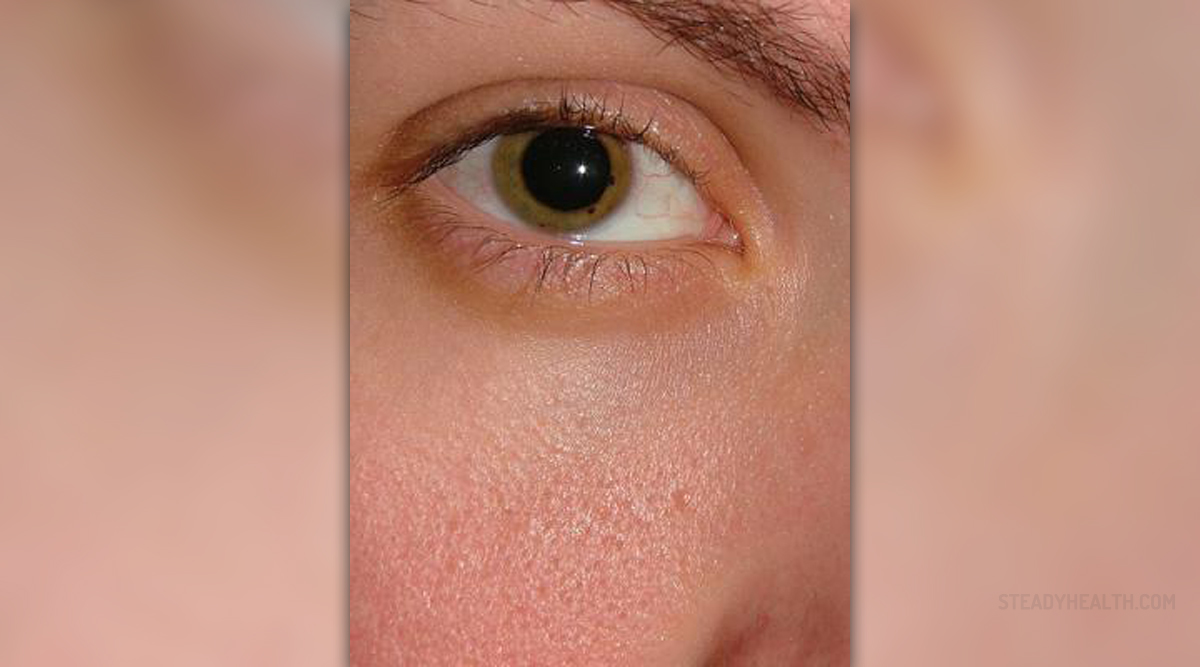
Solar retinopathy is a medical condition that develops as a consequence of prolonged exposure of the eyes to solar radiation, to be more precise it occurs due to staring at the sun or viewing a solar eclipse. Such exposure leads to damage of the macula, the most important part of the retina in charge with central, high resolution vision.
Damage Associated with Solar Retinopathy
The sun light enters the eye through an opening at the front called the pupil. It then goes through the lens which adjusts to focus the image the person is looking at and the light finally reaches the retina where the image is received, transferred into specific signals and these signals are sent to the part of the brain that recognizes what the person is looking at. The retina is sensitive to light and if the eyes are exposed to excessive light the pupils narrow reducing the amount of light coming into the eyes. In case of solar retinopathy in spite of narrowing of the pupils the sun rays enter the eye, are focused by the lens and fall onto the retina causing significant damage to the organ.
Solar retinopathy affects only people who gaze at the sun and viewers of the solar eclipse who do not use proper protection for their eyes. The risk of permanent damage to the retina increases if exposure is prolonged and if protection of the eyes is not good enough.
Characteristics of Solar Retinopathy
Decreased vision is the leading characteristic of solar retinopathy. Furthermore, patients with such damage to the eyes may also complain about distortion of vision, the presence of a black spot in the field of view, changes in color vision, alteration of the images and headache. In some cases damage to the retina is reversible and patients recover their eyesight completely. However, permanent damage particularly if it is associated with persistent black spots and image distortion significantly interferes with performing certain activities such as reading.
Treatment for Solar Retinopathy
There is no standardized treatment for solar retinopathy. Still, majority of patients may benefit from antioxidants and some of them are administered corticosteroids. Antioxidants are able to improve the eyesight and reduce the intensity of the damage to the retina.
The condition can be prevented by using specific protective measures and equipment while viewing an eclipse and avoiding staring at the sun unless the eyes are properly protected. Staring at the sun is generally not recommended and such habit, if it exists, should be eradicated.



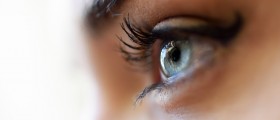

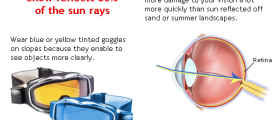

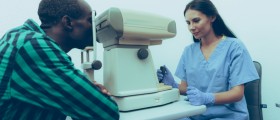
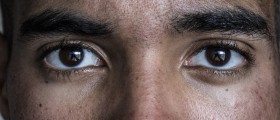

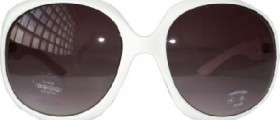
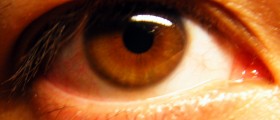
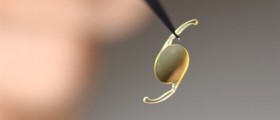
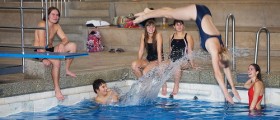
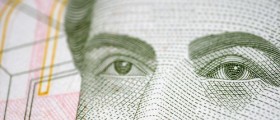
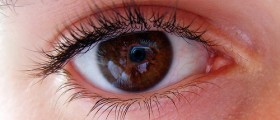

Your thoughts on this
Loading...